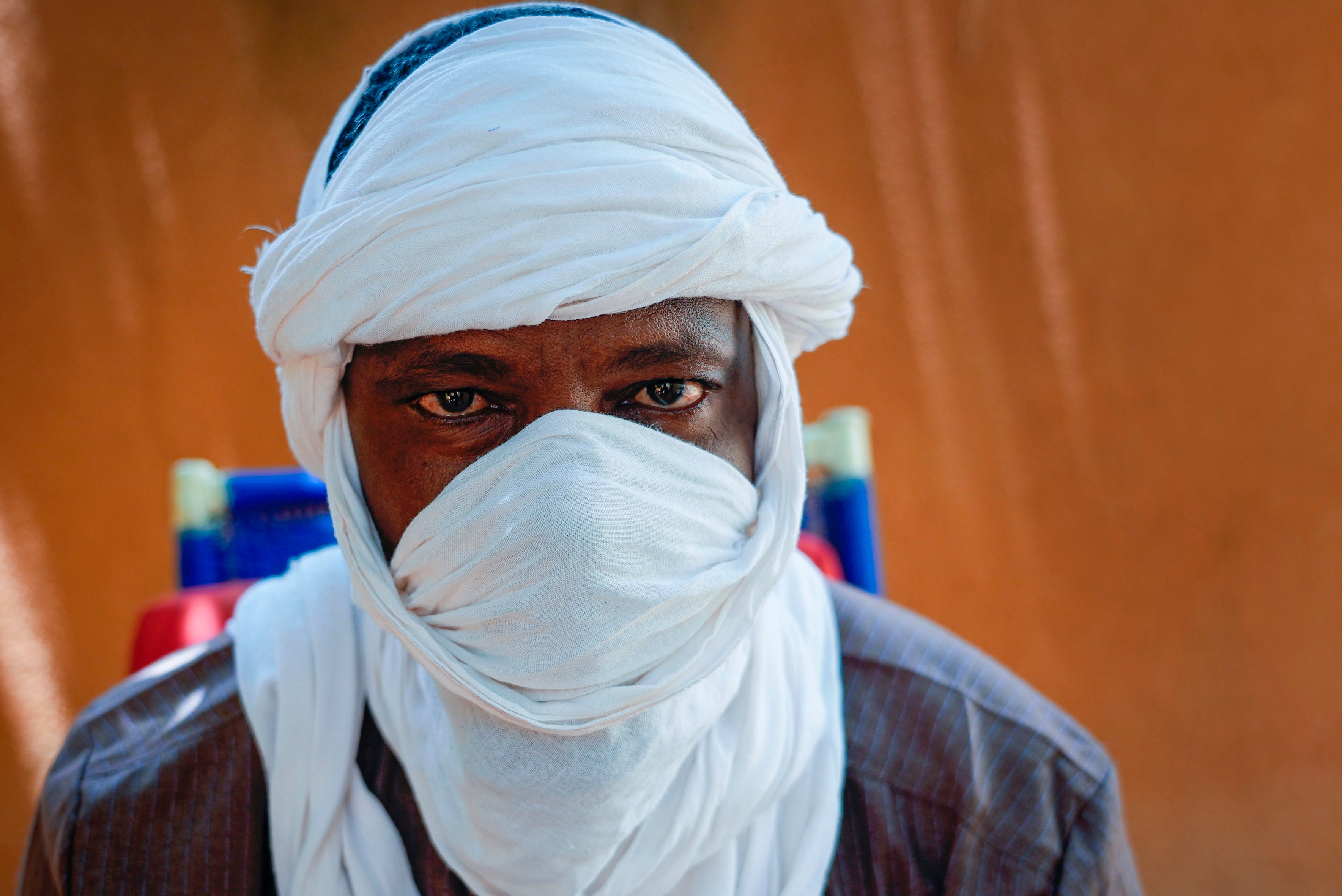The coup in Niger will only embolden extremists, says a former jihadi fighter
A former jihadi fighter says the coup in Niger could boost the ability of Islamic extremists to recruit in the country, potentially increasing violence and further threatening the stability of Africa’s Sahel region

Your support helps us to tell the story
From reproductive rights to climate change to Big Tech, The Independent is on the ground when the story is developing. Whether it's investigating the financials of Elon Musk's pro-Trump PAC or producing our latest documentary, 'The A Word', which shines a light on the American women fighting for reproductive rights, we know how important it is to parse out the facts from the messaging.
At such a critical moment in US history, we need reporters on the ground. Your donation allows us to keep sending journalists to speak to both sides of the story.
The Independent is trusted by Americans across the entire political spectrum. And unlike many other quality news outlets, we choose not to lock Americans out of our reporting and analysis with paywalls. We believe quality journalism should be available to everyone, paid for by those who can afford it.
Your support makes all the difference.The coup in Niger could boost the ability of Islamic extremists to recruit in the country, potentially increasing violence and further threatening the stability of Africa's Sahel region, a former jihadi fighter said in an interview with The Associated Press.
Niger's coup leaders who ousted the country's president last week have joined counterparts in neighboring Mali and Burkina Faso in arguing that a military government can better secure the country from violence by Islamic militants.
However, Boubacar Moussa, who said he is a former member of the al-Qaida-linked JNIM group and has operated in Mali, said the coup could make it more difficult to improve the deteriorating security situation in Niger.
Moussa said the coup that ousted Niger's democratically elected President Mohamed Bazoum will be welcomed by jihadis because “it’s an occasion to convince others to join their group.”
“Jihadis are very supportive of this coup that happened in Niger,” he said.
Moussa, 47, said he was kidnapped by extremists from a village in Niger in 2019 and taken to Mali and forced to work with them. He was with JNIM in Mali when it experienced the first of its two recent coups in 2020, and he said jihadis saw that overthrow of the Malian government as an opportunity.
Moussa is now part of a nationwide program in Niger that encourages jihadi fighters to defect and reintegrate into society. The program was put in place under Bazoum when he was interior minister to stem the violence that has for years plagued parts of Niger and the wider Sahel region, an expansive area south of the Sahara Desert.
The AP cannot verify that Moussa fought for JNIM, or that he was kidnapped by them. However, he was taken in by the program and accepted as a former jihadist and is touted as an example of its early success.
The program's future is uncertain under the new junta.
On Sunday, the West African regional bloc announced travel and economic sanctions against Niger and threatened to use military force if Bazoum isn't reinstated within a week. The military juntas of Mali, Burkina Faso and Guinea all denounced those sanctions.
In a joint statement, Burkina Faso and Mali vowed to defend Niger and said any intervention would be like a declaration of war with “disastrous consequences."
The Sahel has become overrun by jihadi violence linked to al-Qaida and the Islamic State group. The violence has killed thousands, displaced millions and divided nations. Mali and Burkina Faso have each undergone two coups since 2020.
Niger has not been hit as badly by extremists as Mali and Burkina Faso and was the only one of the three to see a decline in violence last year, according to the Armed Conflict Location & Event Data Project.
That could change with jihadis moving to increase their footprint if they sense the army is divided over the coup and less focused on fighting them, said Ulf Laessing, head of the Sahel program at the Konrad Adenauer Foundation, which promotes democracy.
That's what happened in Burkina Faso after its second coup in September, and “I assume Niger will now see a similar scenario," Laessing said.
Laessing said the coup likely will mean the collapse of talks between jihadis and the government that had only just begun in Niger.
Bazoum had vowed to reintegrate militants like Moussa if they renounced violence and had begun making good on that promise, the Konrad Adenauer Foundation said in a report.
A pilot program in Niger's Tillaberi region seeking to reform jihadis has seen nearly 160 former fighters return, with hundreds more on a waiting list, said an aid worker involved in the program who did not want to be named due to the sensitive current situation in Niger.
Aneliese Bernard, a former U.S. State Department official who specialized in African affairs and director of Strategic Stabilization Advisors, a risk advisory group, said the program is the most sustainable approach to counterterrorism.
“If the program ends, there’s no pathway for jihadists to surrender in Niger. Which just gives them more reason to continue a forever war against the state,” she said.
—
AP coverage of the coup in Niger: https://apnews.com/hub/niger